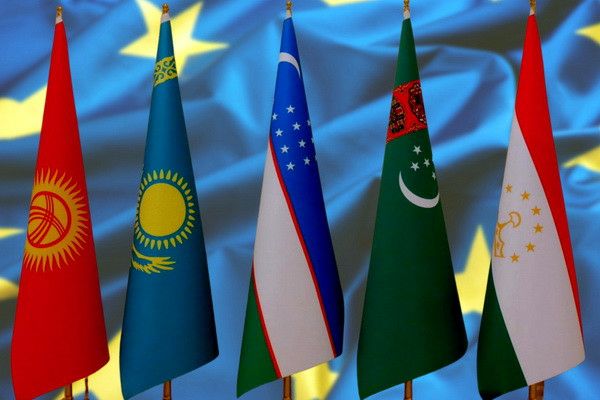Afghanistan Status; What’s the Role of Uzbekistan and EU!
As part of the dialogue, the European Union is helping to strengthen stability and security in the Central Asian region, sustainable economic development and an increase in the living standards of its population, as well as the settlement of the situation in Afghanistan

On 2 June this year, the second EU-Central Asia summit was held in the city of Cholpon-Ata. The meeting was devoted to many key issues of politics, security, economics, cultural and humanitarian ties and ecology.
Uzbekistan, being the most populous country in Central Asia, is responding to the current geopolitical situation through a flexible “multi-vector foreign policy.” Due to its geographical position, it actively supports cooperation with its neighbors and partners.
One of the priority areas in this context is to strengthen cooperation with the European Union, which pays special attention to Uzbekistan in political and economic terms.
During the EU-Central Asia conference in 2022 in the city of Samarkand, EU Foreign Minister Josep Borrell highlighted Europe’s interest in the region.
“If we were talking about Central Asia a few years ago, we could say that it is nowhere to be found. But today it is everywhere!
This interest is reflected in the EU Strategies for Central Asia. The first was adopted in 2007 and represented the EU’s long-term commitment to regional and bilateral cooperation with the countries of Central Asia.
In 2019, the European Union presented a new strategy towards Central Asia, which is currently encouraging positive developments in the field of regional cooperation and giving special strategic importance to the region for the interests of the EU.
In addition, there is an active dialogue between Central Asia and the EU in bilateral and multilateral formats. In October 2022, Astana hosted the first summit in the EU-Central Asia format at the highest level
The EU-CA format itself was first initiated in November 2004 with the aim of creating an additional instrument of cooperation with the countries of the region.
As part of the dialogue, the European Union is helping to strengthen stability and security in the Central Asian region, sustainable economic development and an increase in the living standards of its population, as well as the settlement of the situation in Afghanistan.
The platform for discussion is the meetings of the special representatives of the EU and Central Asia on Afghanistan. Over the past period, 4 meetings were held.
During the last meeting on 25-26 May 2023 in the city of Ashgabat, the EU and Central Asian Special Representatives for Afghanistan adopted a joint statement confirming their strong desire to turn Afghanistan into a stable and prosperous country with long-term prospects for sustainable peace.
Security cooperation between the EU and Central Asia covers a wide range of issues, in addition to Afghanistan, it includes the fight against transnational threats, terrorism, organized crime, cross-border drug trafficking, illegal migration and other challenges. This is achieved through experience sharing, technical assistance, training and joint exercises.
In particular, the “Border Management Program in Central Asia” (BOMCA, 2002) and the “Law Enforcement Agencies in Central Asia” counter-terrorism project (LEICA, 2020) are being implemented between the EU and CA.
The BOMCA program was primarily aimed at improving security, combating illegal trafficking and facilitating trade in Central Asia. While the main objective of the LEICA project is to strengthen the capacity of law enforcement agencies of the Central Asian countries to ensure security both at the national and regional levels.
In conclusion, it should be noted that active promotion, mutual support and close coordination between Central Asia and the EU in the implementation of joint initiatives, as well as their desire to strengthen practical and mutually beneficial cooperation at the bilateral and regional levels, are one of the fundamental elements for maintaining peace and stability, ensuring security and sustainable development throughout the Central Asian region.